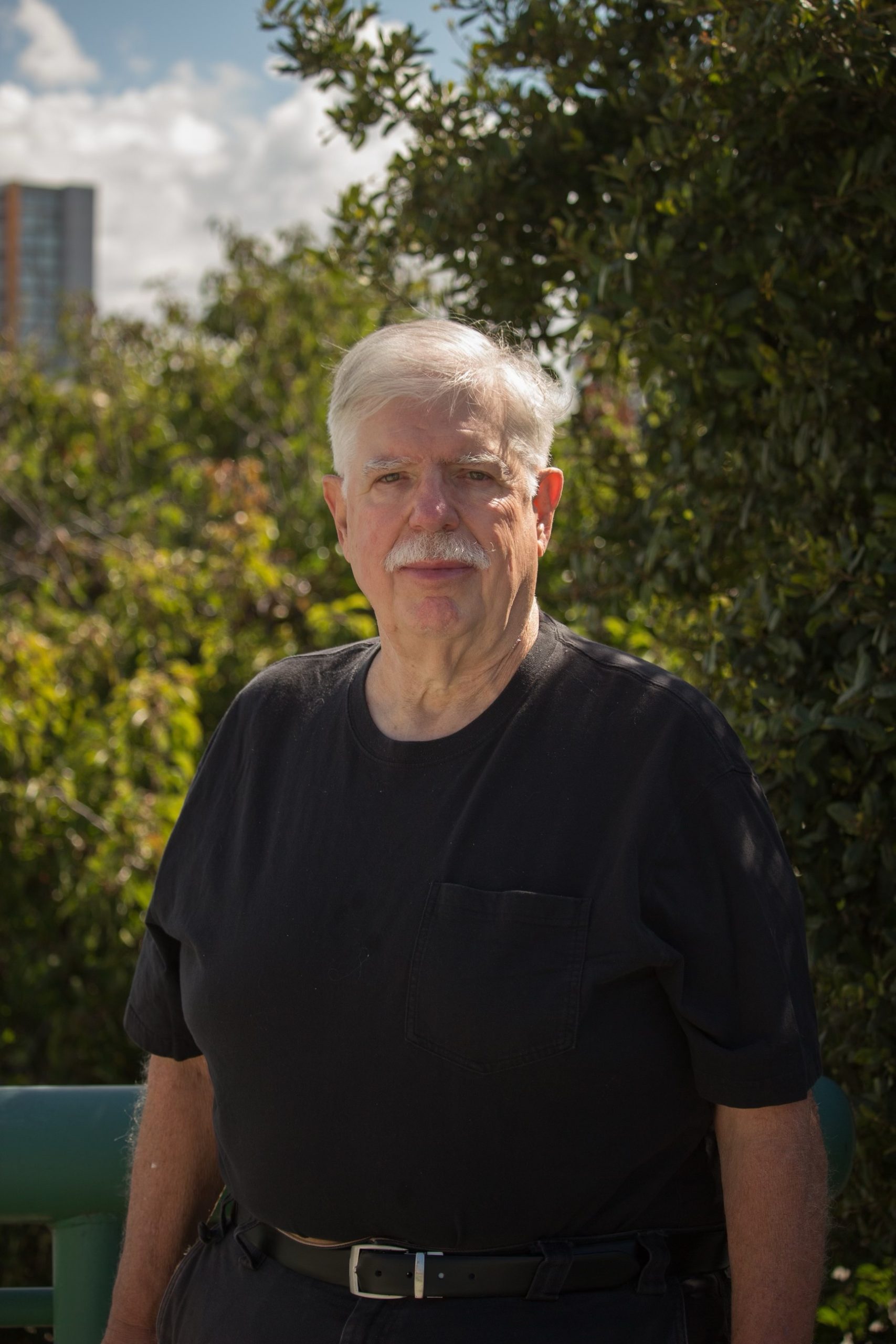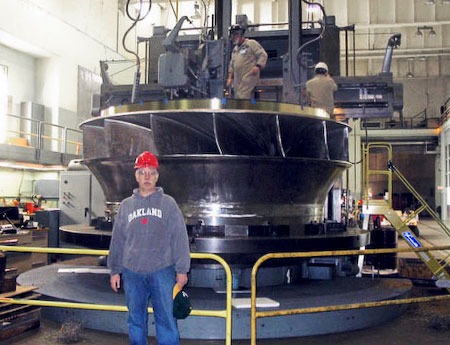
With his decades of experience as an activist and community organizer, Trustee Louis Quindlen says he understands “what you need to do to pressure organizations to make them work.”
Quindlen, who was sworn into the Peralta Community College District (PCCD)’s Board of Trustees in December 2022, previously served as a Machine Technology instructor at Laney College for 17 years.

Even before his retirement in 2020, Quindlen felt compelled to run for the board, citing his disappointments with the district’s “lack of innovation” in its plans for growth, continued class cuts, “poor investments in marketing,” and “deteriorating” facilities as “the most important reasons.”
The colleges’ lackluster enrollment rates is another issue that concerns Quindlen. He noted how the COVID-19 pandemic and its effect on enrollment created a “bleak future” for the district and its colleges to overcome.
He believes that the district needs to reach out to a wider pool of potential enrollees, including those who may not have acquired a high school diploma or a GED. Additionally, Quindlen expressed a desire to promote and expand class offerings in the English for Speakers of Other Languages department.
“We need to reach out to a broader community of students that would actually expand our enrollment and better serve the community that we’re supposed to be serving,” he said.
Quindlen has been engaged with labor and community activism for over 50 years. While attending UC Santa Barbara (UCSB) in the 70’s, Quindlen got involved both on and off campus. He was elected to multiple neighborhood organizations in the adjacent community of Isla Vista, where he lived at the time. He also served on the campus student council and engaged with many student organizations. At one point, Quindlen even claims he was arrested, while working with a coalition of ethnic student organizations to stop cuts in UCSB’s Ethnic Studies department. He said he presumes that the records of his arrest have since been expunged, however, after his recent failed attempts to find the documentation online.
“17 of us were arrested for occupying the community center. But the cuts in Ethnic Studies were stopped,” Quindlen recounted.
After graduating from UCSB, Quindlen came to the Bay Area, eventually settling down in Oakland.
In 1981, Quindlen was working as a mechanic at an assembly plant for Mack Trucks in Hayward when the plant shut down. Having been laid off along with 1400 other semi-skilled workers, Quindlen brought up the situation with faculty and administrators at Chabot College, where he was enrolled at the time.
“Two weeks later, we had special training programs set up for Mack Trucks workers that were losing their jobs,” Quindlen said. “That was one of the first retraining programs developed in the country […] to help workers going through plant closures.”
Quindlen went on to work with a variety of groups, including community colleges and the United Auto Workers union, in a collaborative effort to set up similar retraining programs for workers of other plant closures.
In 1996, Quindlen was contacted following the shutdown of Mare Island Naval Shipyard, where he had once completed an apprenticeship in machining. Quindlen had the idea to bring excess materials from Mare Island, such as welding rods and scrap metal, to vocational school programs and community colleges in the Bay Area – including Laney College. He built relationships with instructors at Laney and, in 2003, was offered a position as a part-time Machine Technology instructor at the college. He was hired full time in 2005.

When asked what inspired him to make the switch to teaching, Quindlen reflected on his experience working with Chabot College with the retraining programs in the early 1980s.
“I felt a debt to Chabot and the community colleges,” Quindlen said. “And so when I got the opportunity to teach […] I decided I would try it. And I really liked it. And I was good at it.”
At Laney, Quindlen dedicated himself to supporting his students, claiming he could be found in his classroom up to six days a week, and sometimes stayed at work past 1 A.M.
“If I had students that wanted to work that hard, there could be no better outcome […] That’s a pretty great reward for a teacher,” he said.
Throughout his career as an instructor, Quindlen has won several awards including the California Industrial Technology Education Association’s Teacher of the Year award in 2015 and Laney College’s We Rise Award for Faculty of the Year in 2019.
Quindlen says, “My belief is that our community colleges can be the greatest agent of educational and opportunity change in our communities.”


























